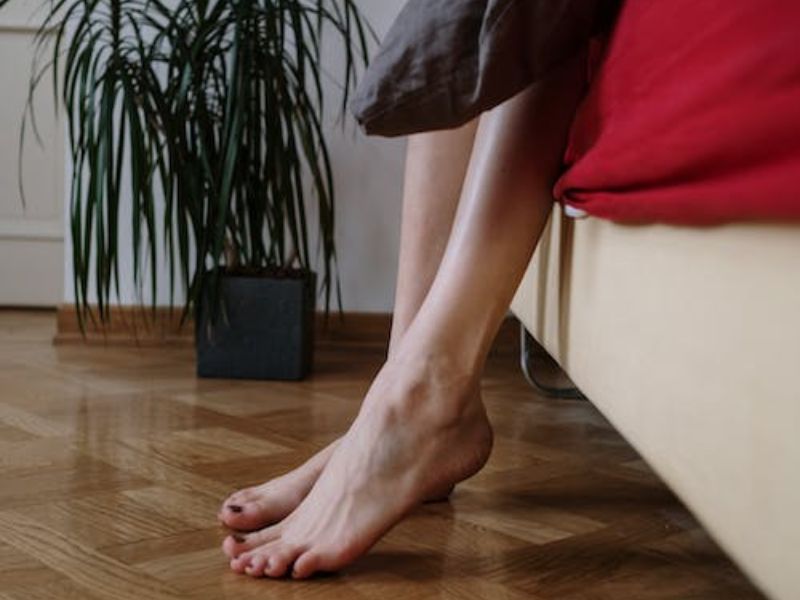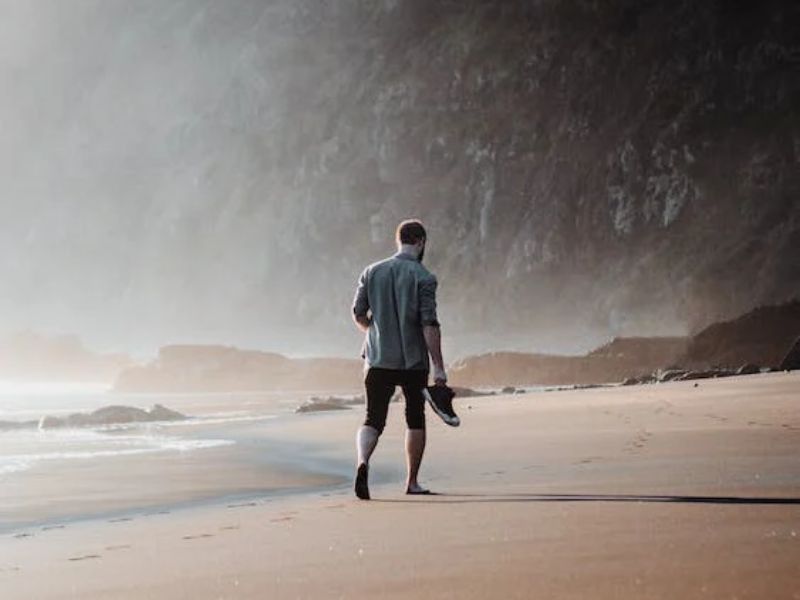Apologies to the barefoot trend followers, but “barefoot boy summer” has been canceled. Podiatrists are alarmed by reports of people, especially men, ditching their shoes and walking barefoot in public places. Videos on social media platforms like TikTok showcase this barefoot movement, encouraging others to embrace their primal nature. The trend has even appeared in popular media, such as a recent succession episode. However, podiatrists strongly advise against going barefoot due to numerous potential problems.

Image Credit: Pexels/cottonbro studio
Risks Of Going Barefoot
Studies indicate that over 40,000 years ago, humans recognized the significance of wearing footwear, such as sandals or moccasins. This choice was not arbitrary, as footwear serves essential purposes, including providing structural support, comfort, and safeguarding against an array of potential hazards. These risks encompass sharp objects on the ground, pests, heat, and invisible germs.
Cuts On Your Feet Can Allow Bacteria To Enter
Moist areas like showers, locker rooms, and pools harbor unseen threats like bacteria, fungi, and viruses. Wearing shoes in these environments is essential to protect against infections that can cause changes in foot appearance and odor. Small breaks in the skin increase the risk of disease, especially when walking on public surfaces. Standard foot issues include athlete’s foot, nail fungus, and plantar warts, which can be challenging to treat and cause discomfort.

Image Credit: Pexels/Gantas Vaičiulėnas
Unprotected Feet: The Risks Of Going Shoeless
Going barefoot increases the risk of injury, such as lawn mower accidents and falls. Shoes provide essential traction and protection, especially during activities like hiking. Extended barefoot walking can negatively affect foot biomechanics, leading to conditions like bunions, hammertoes, plantar fasciitis, shin splints, and Achilles tendonitis. Sunburn is another concern when feet are exposed without sunscreen, particularly for individuals with diabetes and neuropathy. Hot concrete can cause hard-to-heal burns, with slower recovery for those with diabetes.